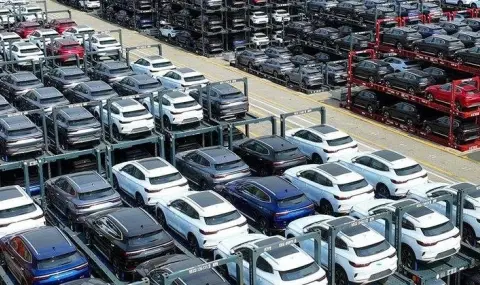In Germany, more than 100,000 electric cars that have not found buyers have accumulated in the warehouses of car manufacturers and dealers. The main reasons for this phenomenon are the decrease in demand, the termination of state subsidies and the active support of cars with internal combustion engines.
These electric cars are parked in factories, dealerships and ports. The unexpected end of government subsidies for the purchase of electric cars at the end of last year led to a sharp decline in their sales. The temporary discounts offered by the manufacturers did not give the desired result due to the uncertainty of the market, and in principle, the Germans prefer liquefied gas cars and, more specifically, diesel cars.
The situation was partially saved by export supplies, but this did not help to solve the problem either. In May 2024, Germany exported 786,000 electric vehicles, which is 58% more than the previous year. The main markets are the Netherlands, Great Britain and Belgium.
However, according to expert Werner Ole, “exports cannot solve all problems. The production of cars that subsequently have to be stored somewhere is expensive and can only be compensated by serious discounts. But then there is a risk that the accounts of the car manufacturers will not come out and they will start selling at a loss."
European car manufacturers were late in developing electric vehicles, lagging behind in technology and software. As a result, their EV models pile up in warehouses due to high prices, while Chinese companies quickly take over the market with more affordable and technologically advanced models.
